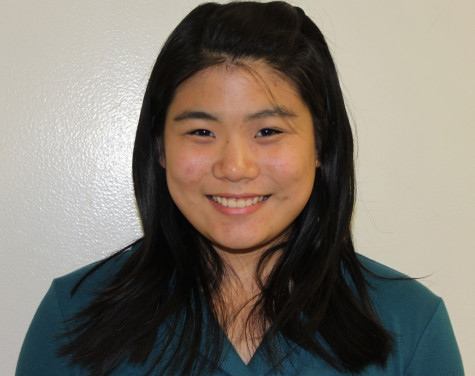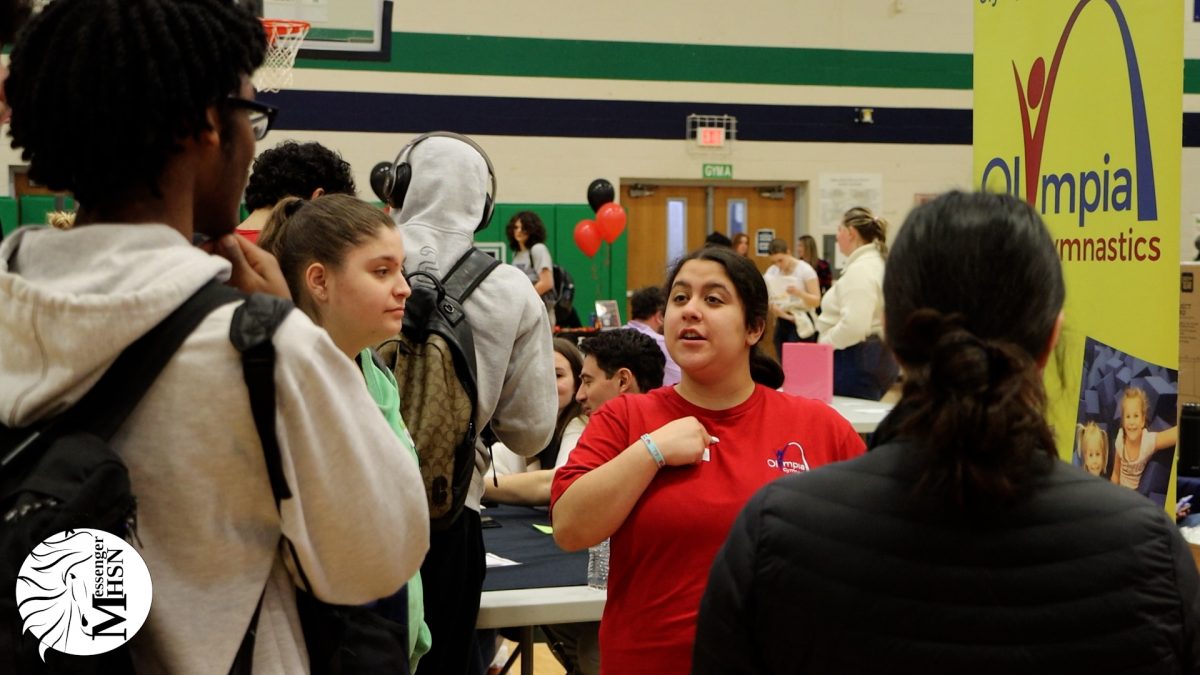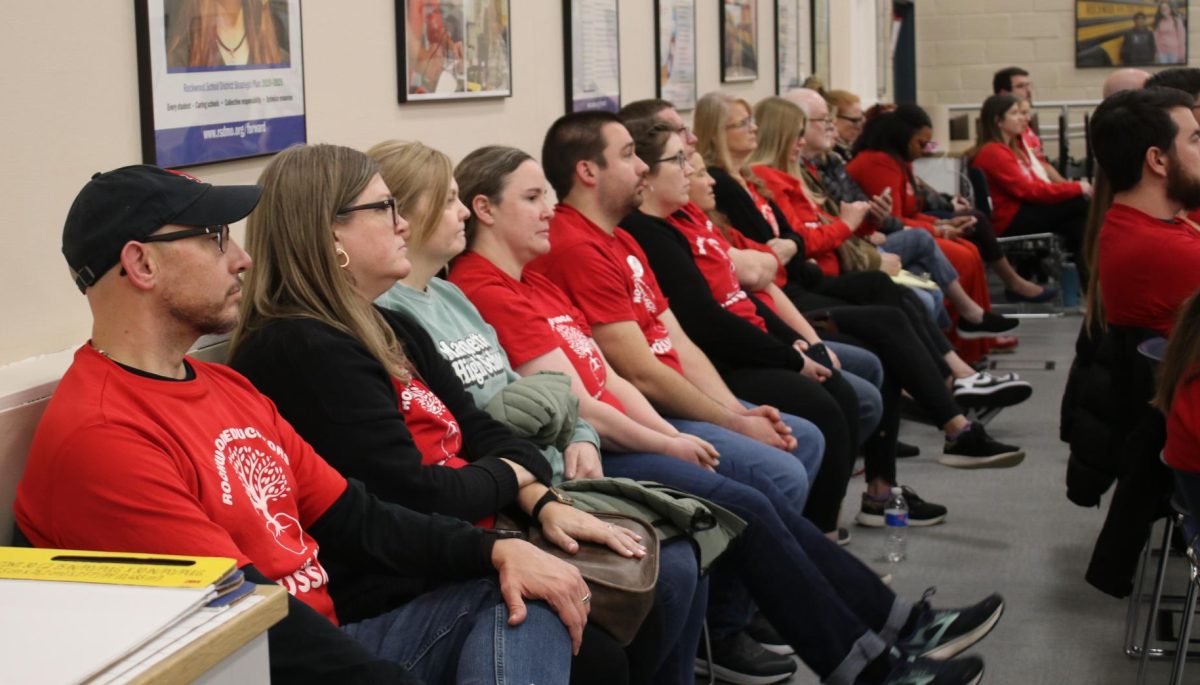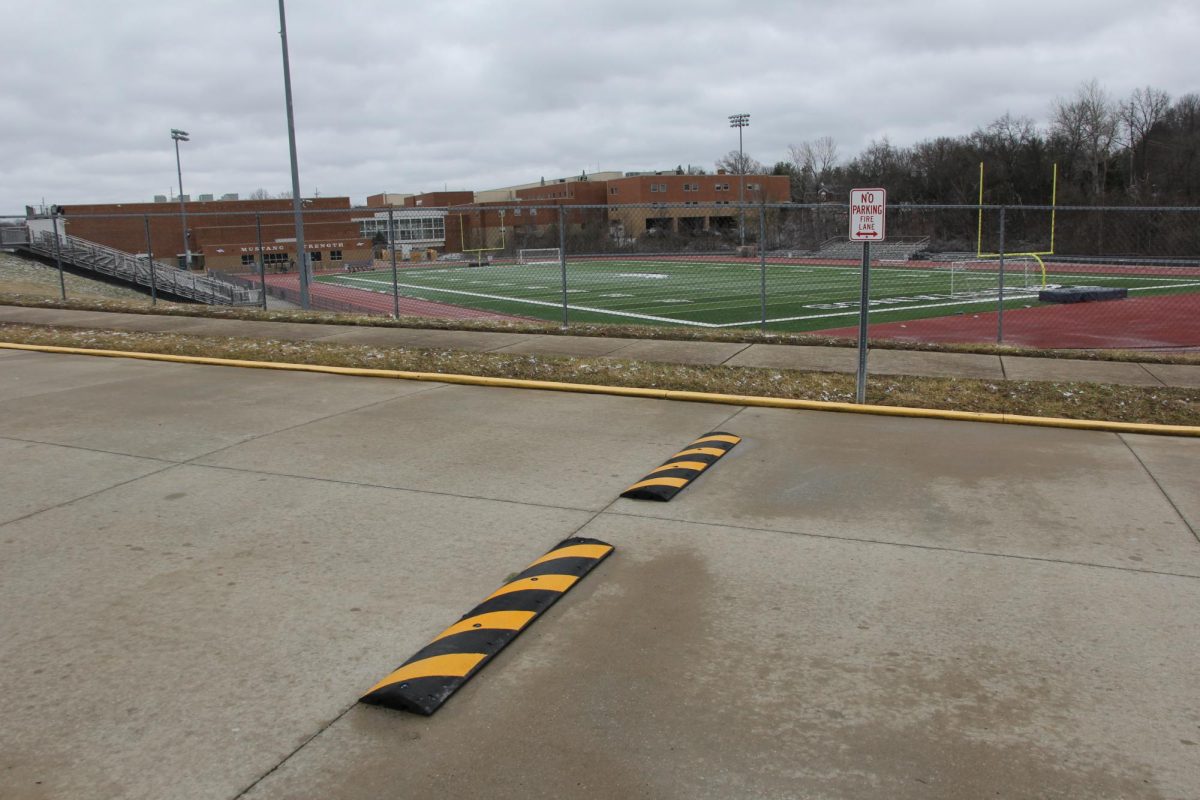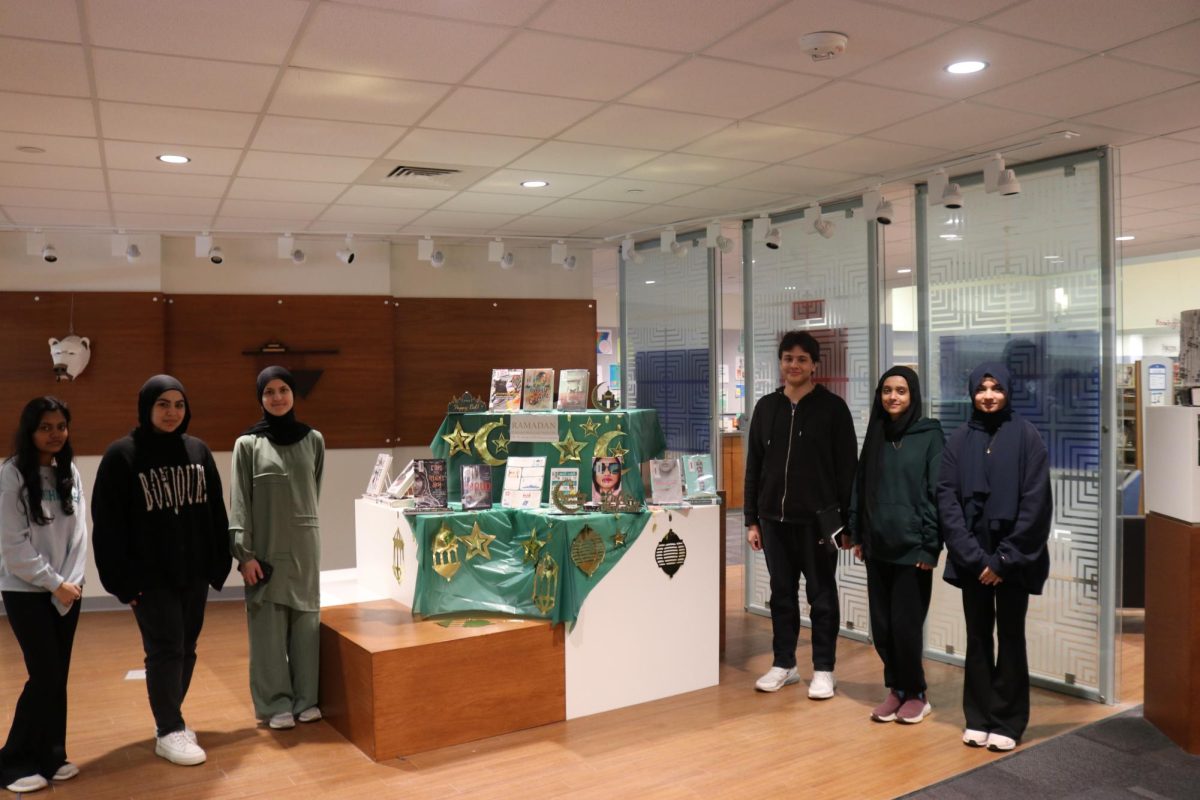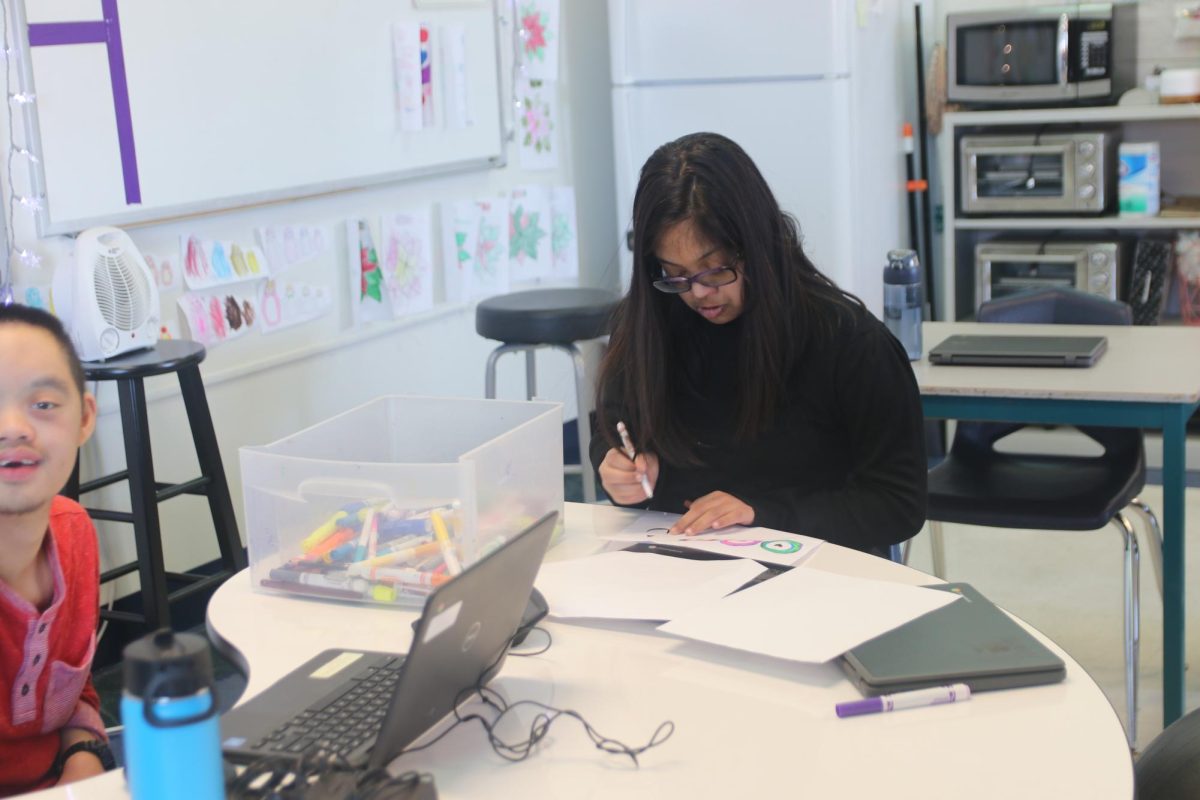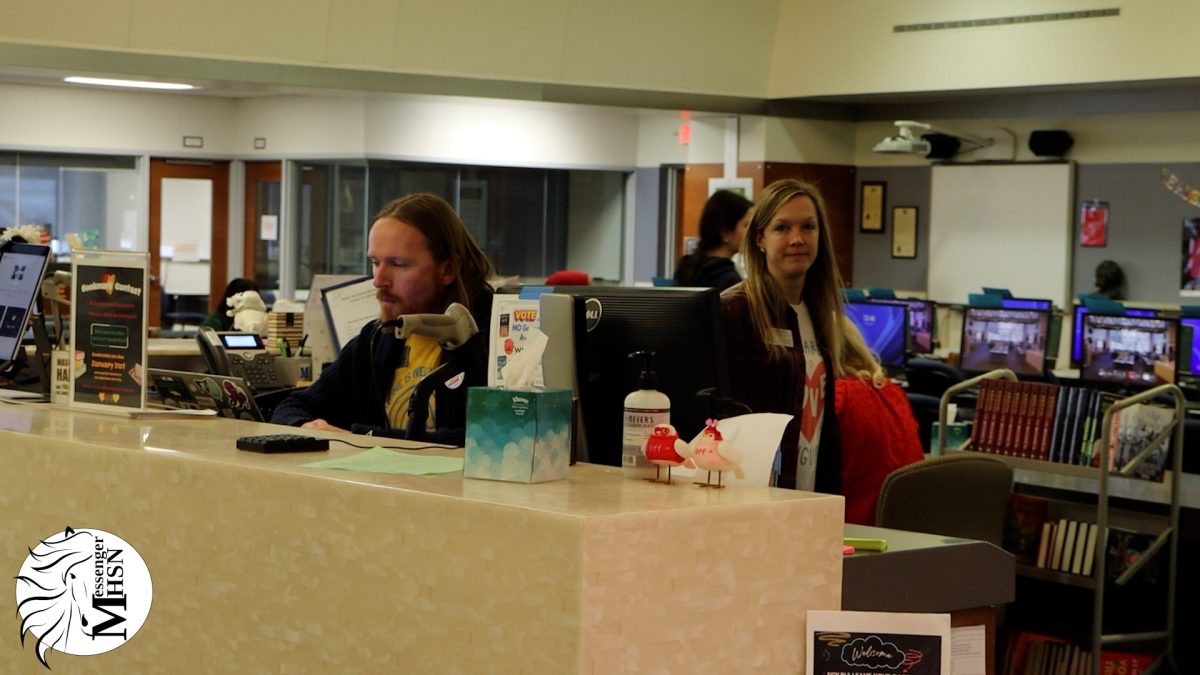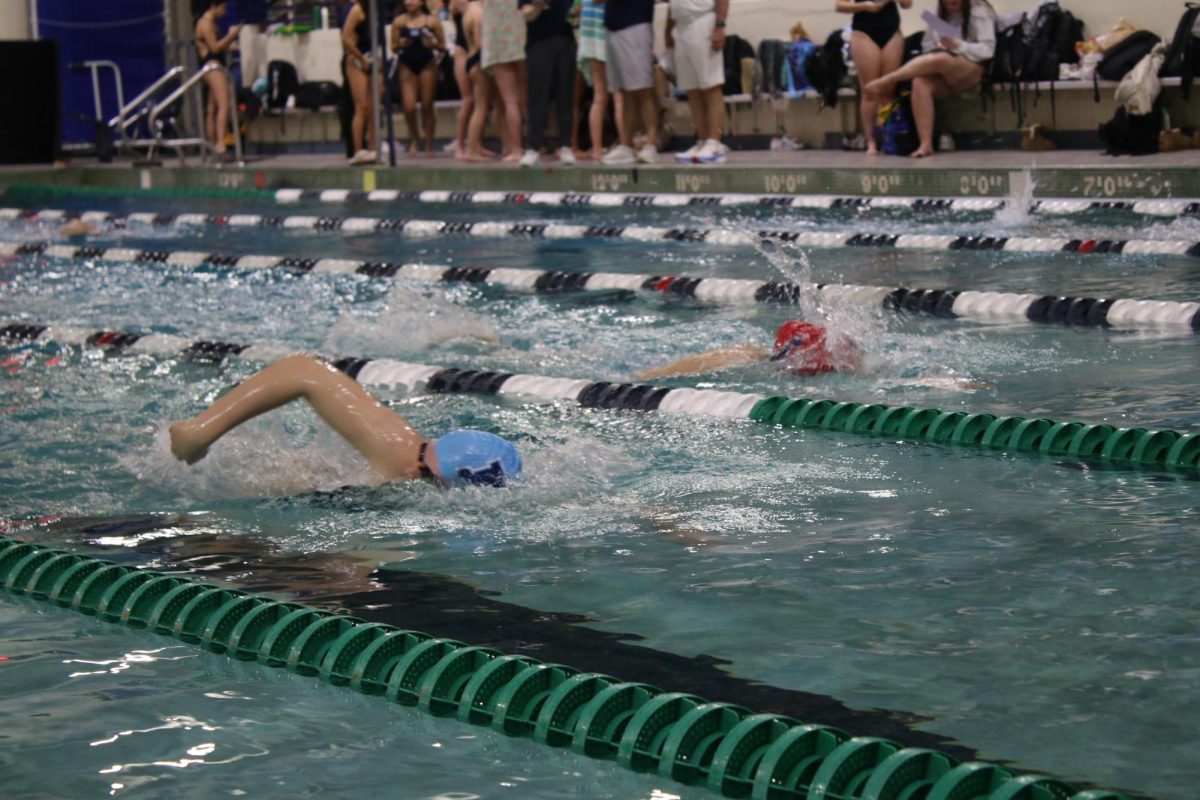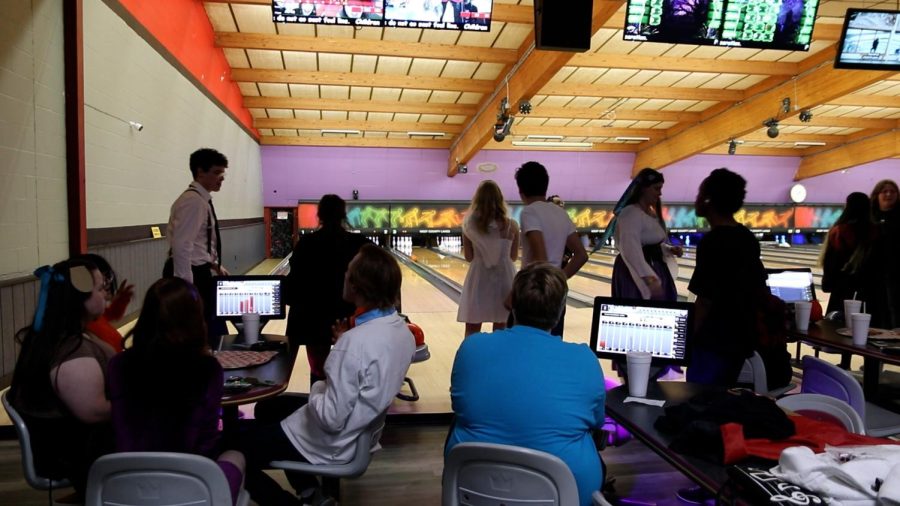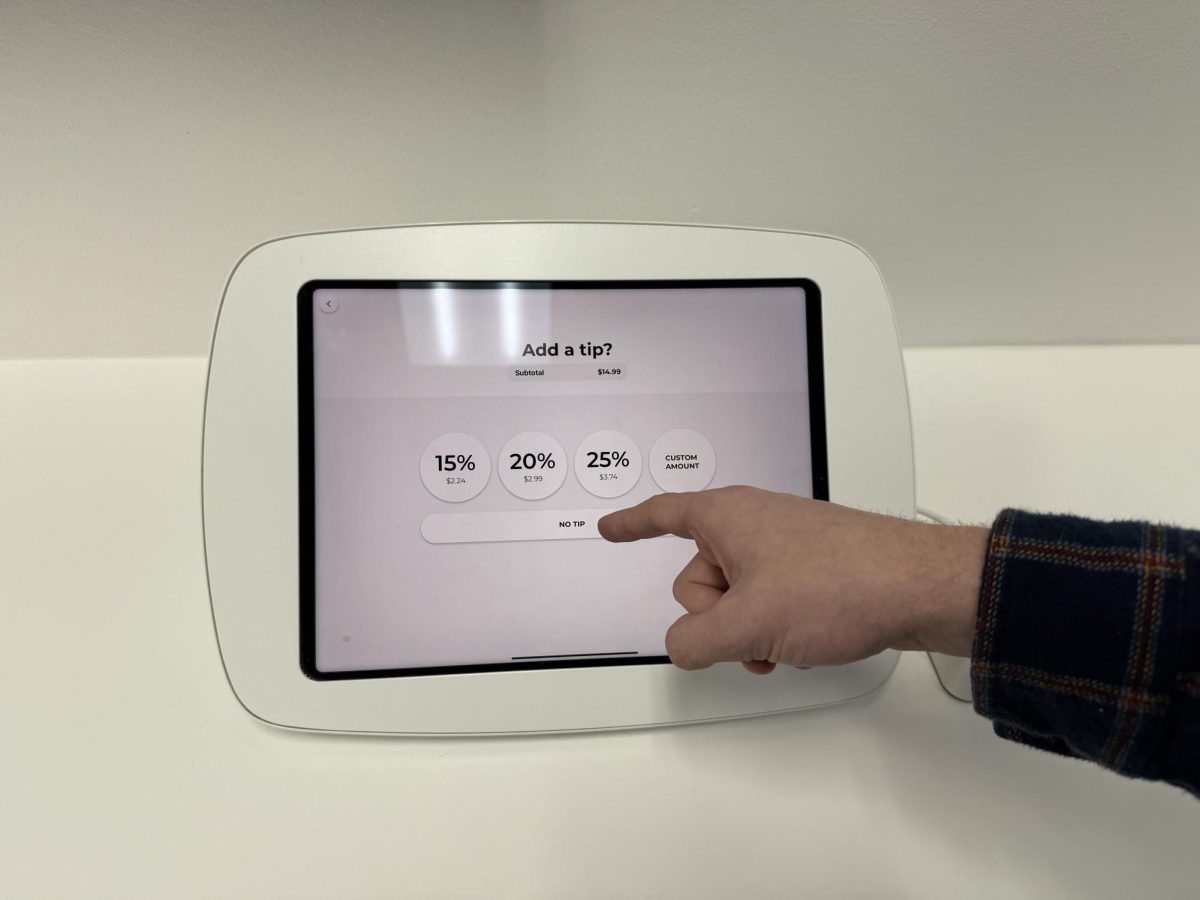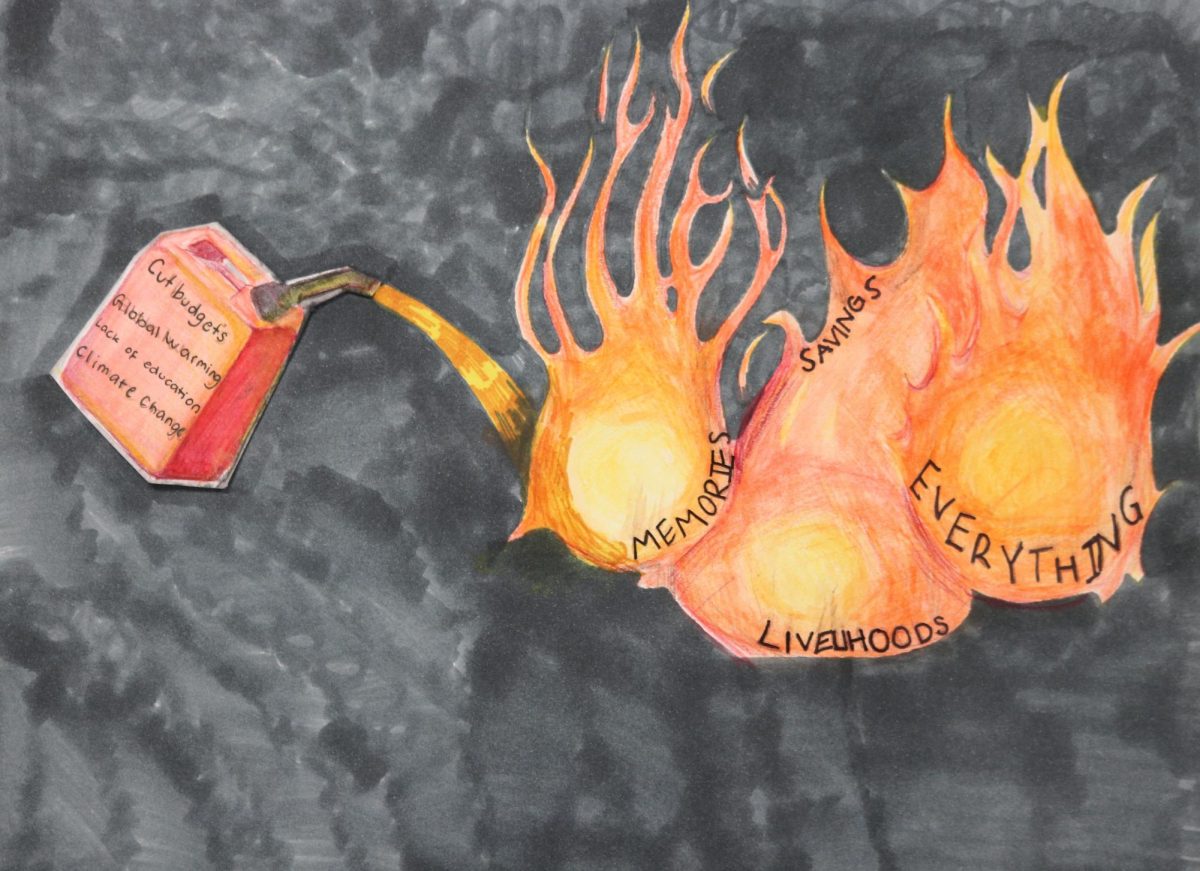Practicality is not always ideal
November 30, 2015
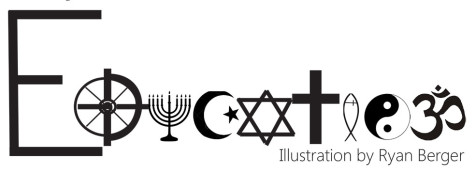
“There are obviously two educations. One should teach us how to make a living and the other how to live,” argues writer and historian James Truslow Adams.
In our increasingly nihilistic world, schools, including ours, have focused on more practical learning and less on education on humans and ourselves.
The question is how do you offer an education on the individual? Are we wasting students’ time by essentially teaching them about themselves? And how does one go about that?
One approach is outlined in England’s National Curriculum, the standardized agenda for public schools. The national curriculum includes a section on Religious Education (RE).
RE “provokes challenging questions about the ultimate meaning and purpose of life, beliefs about God, the self and the nature of reality, issues of right and wrong, and what it means to be human,” according to gov.uk.
Britain’s RE program not only includes the major world religions, but also world-wide philosophies like humanism. The goal of the program includes spiritual, moral, social and cultural development, as well as personal development and well-being.
The government website elaborates that its goals are not to just learn about world religions or philosophies, but to provoke challenging questions, encourage pupils to explore their own beliefs, build a sense of identity and belonging, develop a respect for others and promote pupils to develop their responsibilities.
I myself have seen the benefits of non-vocational education. This summer, I volunteered with the nonprofit “Still Waters in a Storm,” a program that offers an opportunity for disadvantaged children to discuss their relationship to characters in book, write letters to other volunteers in Latin, and simply escape the neighborhood violence.
The children did not learn how to get a job, they did not learn finances or how to write a resume; instead the children (ages 3-11) were given the ability make insights on discrimination in the modern world and in their own lives.
Often it was hard to believe that a six year old was sharing his own experiences about the name-calling and abuse he felt as a Hispanic, that an eight year old was commenting on the recent case of Eric Garner. It was hard to believe that just the day before I started my volunteer work, drunken residents of the building showered the children with alcohol while they were playing outside.
True, perhaps it would have been more practical to teach the children math or computer science. Yet through the program they learned morals, compassion, and what it meant to be a member of society.
In our modern day society focused on efficiency and practically, many of the more humanistic sides of education are ignored. But it’s humanistic education that encourages compassion, personal maturity and moral thinking.



